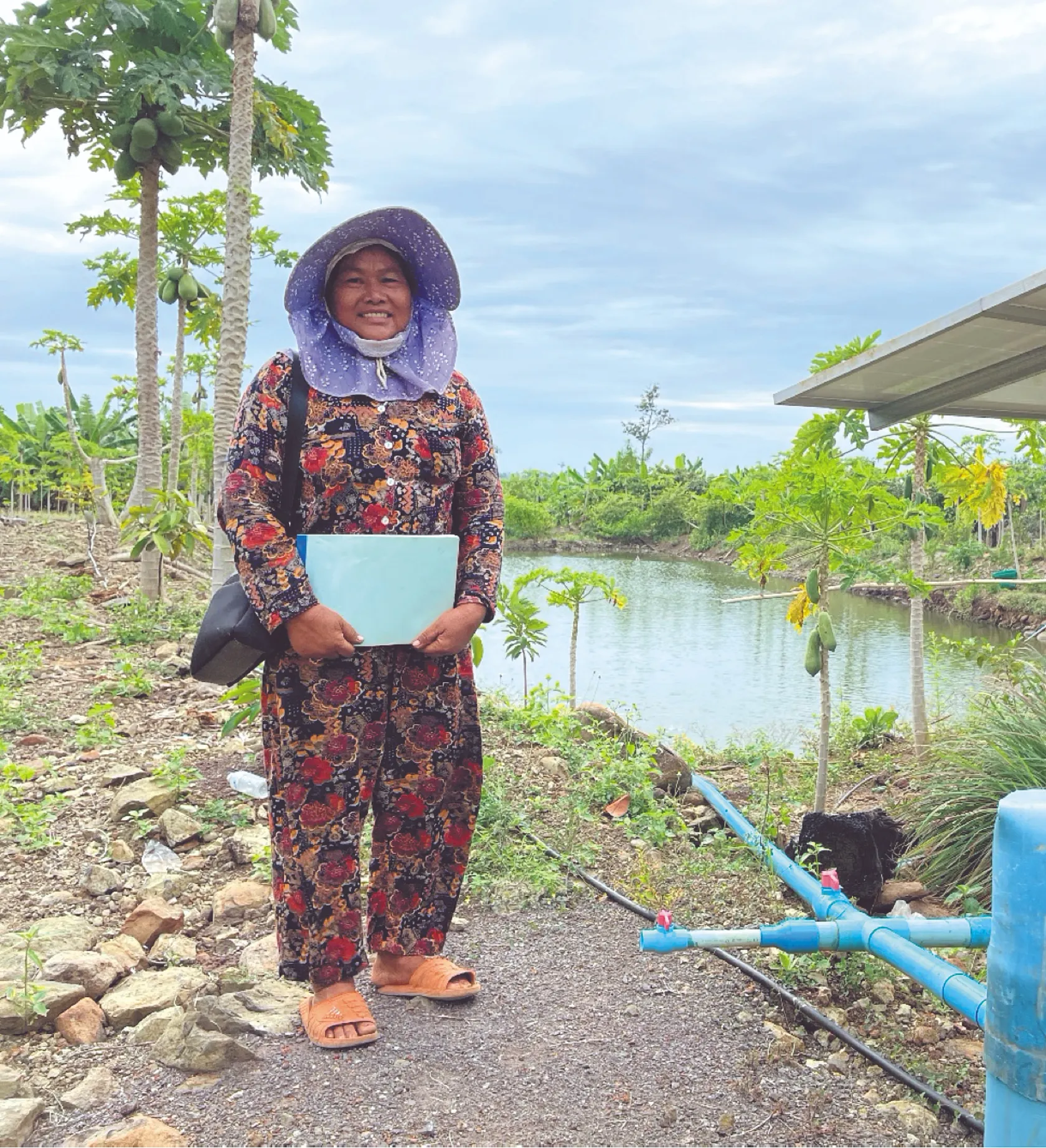
How-to-guide: Smart Water and Climate Smart Solutions for Horticulture - CHAIN project
Water and climate are two major constraints within a horticulture market system. Technologies for year-round production are important but some technology service providers need support to grow and better commercialize their products. In after sales service as well as public and private extension to create farmer awareness around these technologies and practices is crucial. The guide describes how to identify the right technologies, engage with service providers and SMEs, create demand, and promote digital learning around climate smart horticulture and smart water solutions.
About this guide
Click here for the Khmer version.
The Cambodia Horticulture Advancing Income & Nutrition (CHAIN) worked with 6,000 mostly female vegetable producers, to become more climate resilient. CHAIN transformed local markets by creating clusters of service providers and building market linkages. Climate change is affecting these producers and CHAIN supported companies which sell technologies to create more resilience. Farmer gatherings for extension during the COVID pandemic were severely restricted, so the project started using digital media instead. During the implementation of CHAIN, we saw that many development practitioners in Cambodia are struggling to facilitate market system development in practice, and CHAIN produced how-to guides showcasing the methodologies we used successfully.
1. Smart Water and Climate resilience
Commercial horticultural production needs access to good irrigation and the right technologies for year-round production. At the same time smart water management will focus on reducing costs, ensuring water availability in the dry season, and efficient water use. Many of these techniques are now accessible and affordable. CHAIN supported entrepreneurs and farmers to adopt more of these technologies and make them available. With increased climate change farmers face more and more weather challenges and simple technologies can help them to overcome these production barriers.
2. Farmer videos for digital extension
The new buzzword of digitalisation is gaining traction, also in the agri-food smallholder sector. Many of the sophisticated apps are however project driven and suffer a premature death. CHAIN researched which digital communication channels were mostly used by farmers, as over 90% own a smartphone. Videos proved to be mostly appreciated and we trained farmers in making their own video extension messages and share this through social media groups. An award competition drove a creative process with over 25 videos submitted proudly showing farmers success, innovations and businesses.
As these “new technologies” become more widely accessible its costs are also going down fast, having a positive impact on thousands of smallholder farmers.
